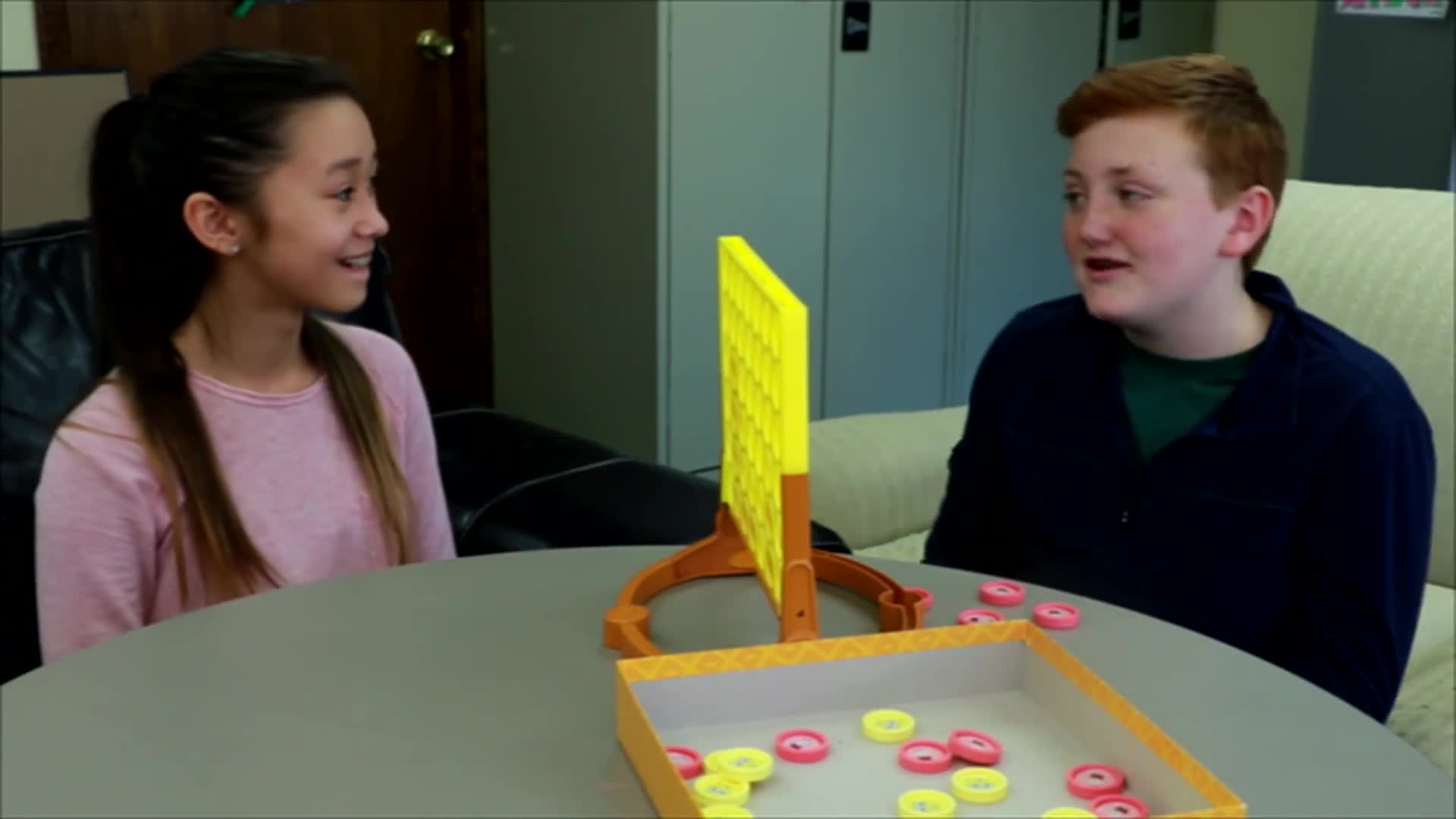
Introduction
Developing good sportsmanship is an essential skill for young children, as it fosters a healthy attitude towards competition, winning, and losing. In this blog post, we will discuss an easy-to-implement, no-prep activity to teach kindergarten students the concept of being a good sport. Additionally, we will provide discussion questions to stimulate further conversations, mention related skills, and encourage you to explore more resources for teaching social-emotional skills.
No-Prep Activity: The Good Sport Role-Play
This activity requires no preparation or materials, making it an ideal choice for busy educators. The Good Sport Role-Play involves students acting out scenarios where they demonstrate good sportsmanship. Follow these simple steps:
- Divide the students into pairs, with one student playing the role of the winner and the other playing the role of the loser.
- Provide each pair with a scenario that involves a competitive activity, such as a board game, a race, or a sports match.
- Ask the students to act out the scenario, focusing on the end of the activity when one student wins and the other loses. Encourage them to demonstrate good sportsmanship by saying things like “Good game!” and “Want to play again?”
- After each pair has completed their role-play, bring the class together to discuss the importance of good sportsmanship and how it contributes to a positive atmosphere.
This activity helps students practice being a good sport in various situations, while also reinforcing the idea that winning and losing are both natural parts of any competitive activity.
Discussion Questions
Use these questions to stimulate further discussions about good sportsmanship:
- Why is it important to be a good sport when you win or lose a game?
- How does being a good sport make playing games more enjoyable for everyone?
- Can you think of a time when someone was not a good sport? How did it make you feel?
- What are some ways to show good sportsmanship, even when you’re disappointed about losing?
- How can we encourage others to be good sports during games and activities?
Related Skills
Teaching good sportsmanship to kindergarten students also helps develop other important social-emotional skills, such as:
- Empathy: Understanding and sharing the feelings of others, both winners and losers.
- Resilience: Bouncing back from disappointments and learning from them.
- Cooperation: Working together and supporting others during games and activities.
- Communication: Expressing feelings and thoughts clearly and respectfully.
Next Steps
If you found this activity helpful, we encourage you to explore more resources for teaching social-emotional skills to kindergarten students. Sign up for free sample materials from Everyday Speech to discover more activities, games, and lesson plans designed to help young learners develop essential skills for success in the classroom and beyond.

